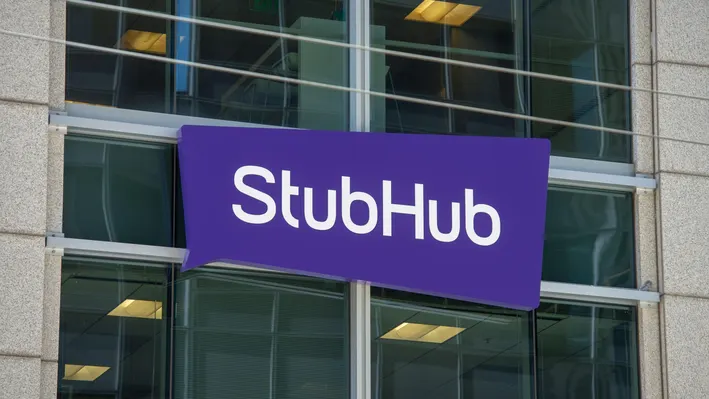The financial markets experienced significant turbulence in early April 2025 when two high-profile companies, Swedish fintech giant Klarna and U.S. ticketing platform StubHub, made the strategic decision to postpone their highly anticipated initial public offerings. This dramatic shift came in direct response to President Donald Trump’s announcement of sweeping tariffs on foreign imports, which sent global equity markets and created an environment of unprecedented uncertainty for potential public debuts.
The decision to delay these IPOs represents more than just a temporary setback for two individual companies; it signals a broader shift in market sentiment and highlights the delicate timing required for successful public offerings. Both Klarna and StubHub had been preparing for months to enter the public markets, with extensive SEC filings, roadshow preparations, and valuation targets already established. However, the sudden market volatility triggered by Trump’s tariff policies created conditions that made proceeding with their original timeline both risky and potentially damaging to their long-term prospects.
The S&P 500’s dramatic plunge of nearly 5% on April 3, 2025, followed by continued market instability, created an environment where institutional investors were more focused on protecting existing portfolios than considering new investment opportunities. This shift in investor attention and risk appetite effectively closed the IPO window, forcing companies to reassess their public offering strategies. The Nasdaq experienced its worst trading session since 2020, declining by 4.5% and indicating its most challenging week since the onset of the COVID pandemic.
Klarna’s Strategic Retreat from Public Markets
Klarna, the Swedish buy-now-pay-later fintech company, had filed with the U.S. Securities and Exchange Commission to list its ordinary shares on the New York Stock Exchange under the ticker symbol “KLAR”. The company was targeting a substantial $1 billion raise at an estimated valuation of $15 billion, which would have made it one of the most significant fintech IPOs of the year.
The timing of Klarna’s IPO delay was particularly significant given the company’s recent momentum and growth trajectory. Founded in Stockholm in 2005, Klarna has evolved from a simple payment processor to a comprehensive financial services platform offering budgeting features, shopping rewards, and integrated payment solutions beyond its core BNPL services. The company had relocated its headquarters to the U.K. in 2024, positioning itself strategically for international expansion.
Goldman Sachs, which was overseeing Klarna’s IPO process, declined to comment on the postponement, but sources close to the company indicated that the decision was driven by concerns about market receptivity and optimal pricing conditions. The volatile market environment raised serious questions about whether institutional investors would be available for roadshow meetings or would be too distracted by broader market concerns to give proper attention to new offerings.
StubHub’s Calculated Decision to Wait

StubHub’s postponement followed a similar strategic logic, with the online ticketing platform choosing to delay its investor roadshow that was scheduled to begin in early April. The company, backed by heavyweight investment banks including Goldman Sachs and J.P. Morgan, recognized that launching an IPO during such turbulent market conditions could potentially damage its long-term valuation prospects and brand perception.
The decision reflected sophisticated market timing considerations, as StubHub’s advisors quickly identified that the dramatic market downturn could impair the effectiveness of their roadshow presentations to institutional investors. There were additional concerns that proceeding with an IPO amid such volatile conditions might convey an impression of desperation or financial distress, potentially creating lasting reputational damage.
This wasn’t StubHub’s first IPO delay, as the company had previously postponed its offering earlier in 2024 due to a sluggish environment for new listings. The repeated delays underscore the challenging nature of timing public offerings in an increasingly volatile and unpredictable market environment.
Broader Market Implications and Future Outlook
The postponement of these high-profile IPOs represents a significant blow to the 2025 market for deals, which had been expected to rebound following Trump’s reelection after a period of relative stagnation. Market experts suggest that the IPO window has effectively closed, with pricing new companies becoming virtually impossible in the current environment.
The ripple effects extend beyond individual companies to impact investors, particularly those who had been anticipating exit opportunities. Klarna’s investors, some of whom were waiting for IPO pricing details to decide on liquidating their stakes, now face continued uncertainty about potential returns. This situation highlights the broader challenges facing private equity and venture capital firms seeking liquidity in volatile market conditions.

